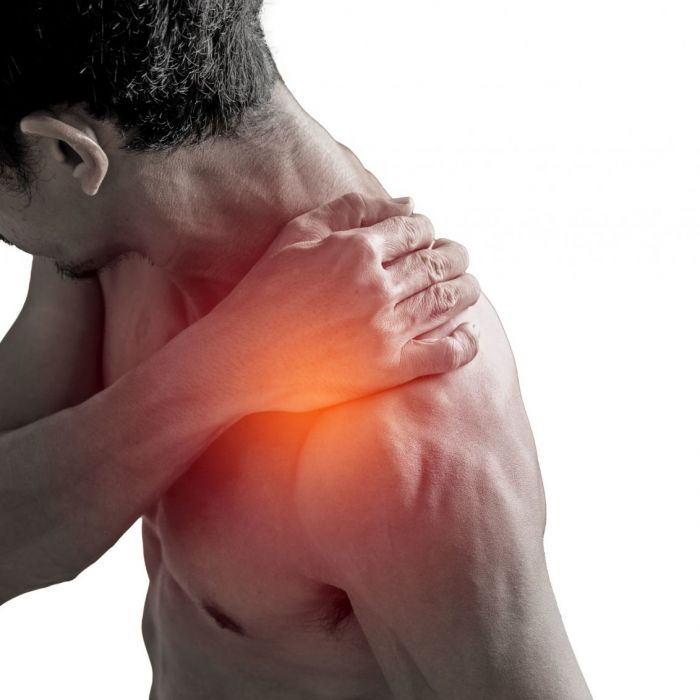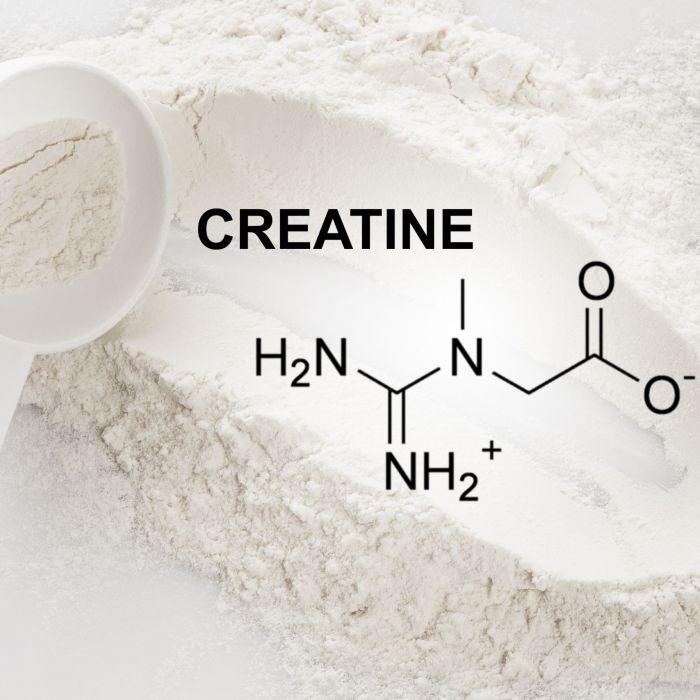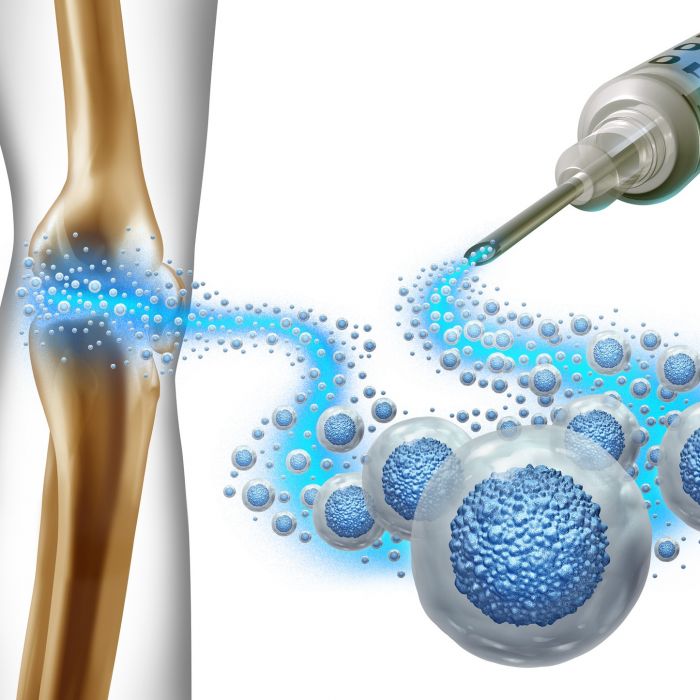When most people hear the terms “low testosterone,” they associate the condition as being one that primarily affects men. But did you know that normal testosterone levels are crucial for women to maintain a high quality of life?
Testosterone allows mood, energy levels, sex drive, and bodily functions to work smoothly in women. Testosterone is a form of cholesterol, and causes of low testosterone include the use of cholesterol-lowering medication (statins), low progesterone levels (progesterone is a precursor for testosterone), use of oral contraceptives that suppresses the production of sex hormones such as estrogen, progesterone and testosterone, and general aging.
Symptoms of low testosterone in women include:
● Loss of Libido.
Probably one of the most recognizable symptoms of low testosterone is decreased libido and sexual function. This has been widely studied as a symptom of decreased testosterone levels.
● Weight Gain and Difficulty Losing Weight
Testosterone plays a significant role in obesity, glucose homeostasis, and lipid metabolism. Normalization of testosterone levels may improve insulin sensitivity and have favorable effects on visceral adiposity and lipid profiles.
A decrease in testosterone levels in women can also lead to a loss of muscle mass. Muscle mass burns more calories than fat and keeps the metabolism working well, so a decrease in muscle tissue could lead to additional weight gain.
Increasing testosterone levels and lowering estrogen levels can then, therefore, help to reverse this loss of muscle.
● Fatigue
There is much evidence on the effects of testosterone on circadian activity in both sexes. Studies have been conducted to understand how sleeping increases (and how waking decreases) testosterone levels and how this rhythm can be related to sexual function.
● Mood Swings, Depression, and Anxiety
In addition, free testosterone levels in women, but not in men, are inversely associated with depressive symptoms; i.e., as free testosterone levels in a woman decrease, depressive symptoms increase.
● Difficulty Concentrating and Brain Fog
Data suggests that absolute levels of sex hormones and the balance between estrogen and testosterone and their metabolites may be important for cognitive function in women.
In one study, testosterone improved cognitive performance in the domain of verbal learning and memory of healthy postmenopausal women. Men and women with Alzheimer’s disease also have been shown to have lower brain levels of estrogen and testosterone compared to neuropathological normal subjects.
In addition to the aforementioned symptoms, low testosterone levels are also associated with overall increases in cardiovascular disease and increased risk of coronary incidents in older women. Restoring testosterone levels also aids in increasing bone density and reduces the chance of developing osteoporosis in women.
At ageRejuvenation, our team of licensed MDs, DOs, and ARNPs employ the use of Bioidentical hormones that are structurally identical to the hormones we produce in our own bodies. Because they are identical, these hormones mimic the exact chemistry occurring naturally in the body so there are much fewer, if any, negative side effects.
Ask how you can get started with Hormone Replacement Therapy!
Individual results vary by patient.








